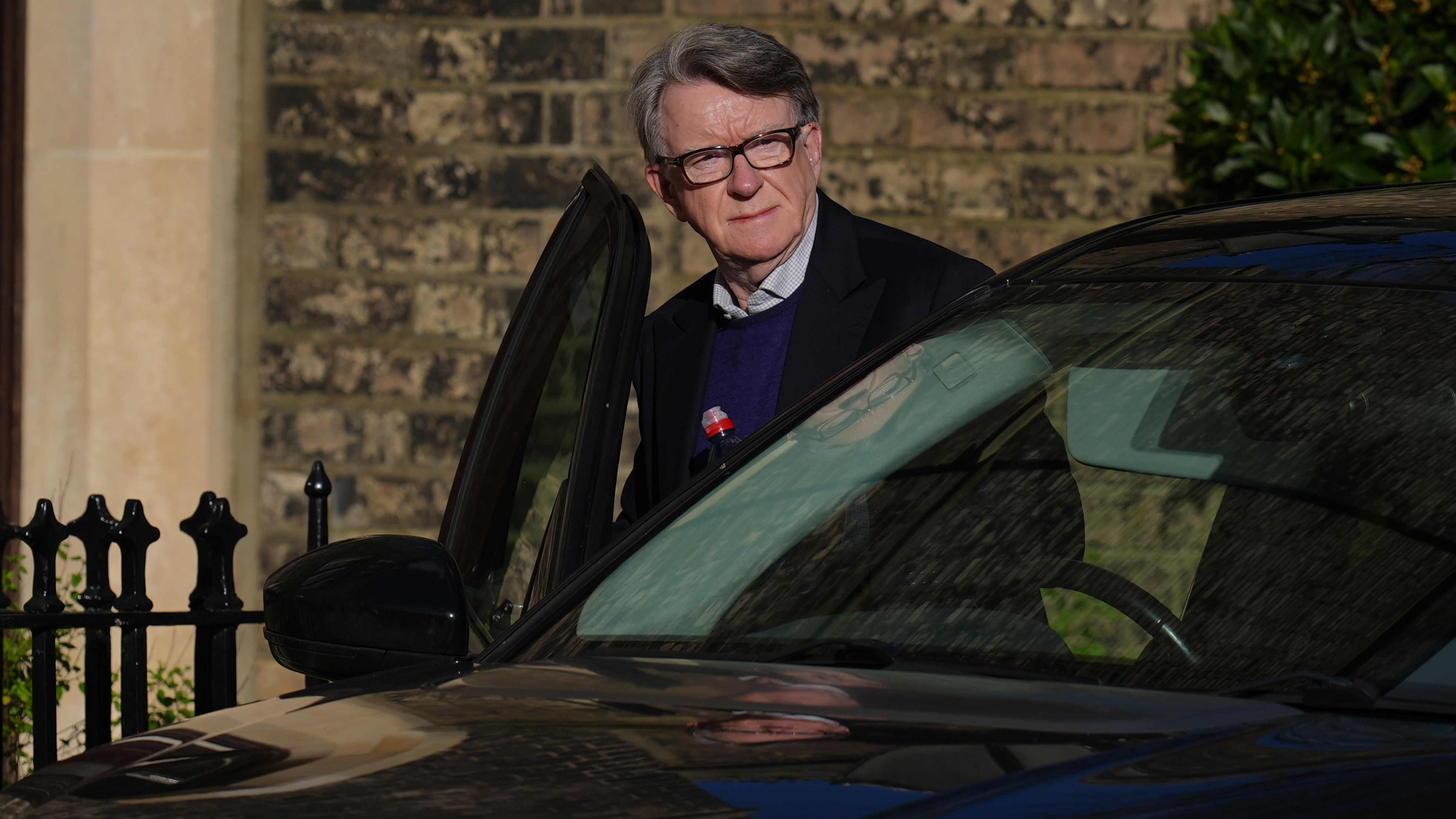The Scottish Government’s funding per person is 30% higher than the English equivalent, a leading think tank says, with the difference almost entirely due to the Barnett formula.
The Institute for Fiscal Studies (IFS) said the Scottish Government had chosen to use some of its temporary coronavirus funding to pay for permanent spending commitments.
An IFS briefing note said the Holyrood administration had received an additional £9.5bn from the UK Government in Covid-related funding.
Combined with a special funding guarantee, it said per capita coronavirus funding was likely to be higher in Scotland than in England for the next fiscal year.
The IFS said not all of the extra funding was going to Covid-related spending, with some being used to extend free school meals and free bus travel.
It warned that these would have to be funded from the core budget in 2022/23 and beyond, where money is likely to be “tight”.
About two-thirds of Scottish Government funding comes from the block grant it receives from the UK Government, but Scottish income tax will contribute 27% and other Scottish taxes 5.5%, with borrowing contributing the remaining 0.5%.
The IFS found that the Scottish Government’s devolved taxes were contributing a modest but growing sum to its funding.
Plans suggest core funding will be about 3% higher in 2021–22 than in 2010, but population growth means this is around 2% lower per person.
The think tank has published its first briefing note ahead of the Holyrood election campaign, focussing on how funding has changed in recent years.
David Phillips, associate director at the IFS and author of the report said: “Excluding temporary Covid-19 funding, the Scottish Government has over £1.30 per person to spend on public services this year for every £1 of spending per person on comparable services in England.
“This is almost entirely due to funding received from the UK Government via the Barnett formula, with less than 2p of the gap due to the Scottish Government’s borrowing and higher income taxes.
“Indeed, the relatively weak performance of the Scottish economy means that the net revenues received from income tax have only increased slightly, despite tax increases in Scotland.”
“They would have fallen relative to a world without tax devolution had those tax rises not been implemented, reminding us that devolution brings risks as well as opportunities.”
He continued: “Likely tight spending plans in Westminster could mean the next Holyrood administration will have to consider tax increases or cuts to some services – not least to pay for long-term policies on free school meals, public transport, council tax and mental health services, that this year will be paid for using temporary Covid-19 funding.”
Responding to the report, finance secretary Kate Forbes said it highlighted a decade of “unrelenting” austerity from the Conservatives, adding that devolved taxes would raise more than £500m this year.
She said: “While the Barnett formula does provide Scotland with slightly higher public spending per head than in England, it is already under attack by the Tories at Westminster, who have cut our capital budget by 5% and stripped the Scottish Parliament of powers so they can engage in ‘pork-barrel’ spending through the so-called levelling up fund.
“Scotland’s funding will never be safe under a prime minister who famously said that a pound spent in Croydon is better than a pound spent in Strathclyde.
“An independent Scotland would be able to make different choices, and give us all the economic levers needed to grow our economy and to make the public spending choices best suited to Scotland’s interests – such as not spending hundreds of billions of pounds on the Trident missile programme.
“Almost all independent countries operate a deficit and manage a debt – indeed the UK currently has a national debt in excess of £2 trillion.”
Follow STV News on WhatsApp
Scan the QR code on your mobile device for all the latest news from around the country


 PA Ready
PA Ready
























